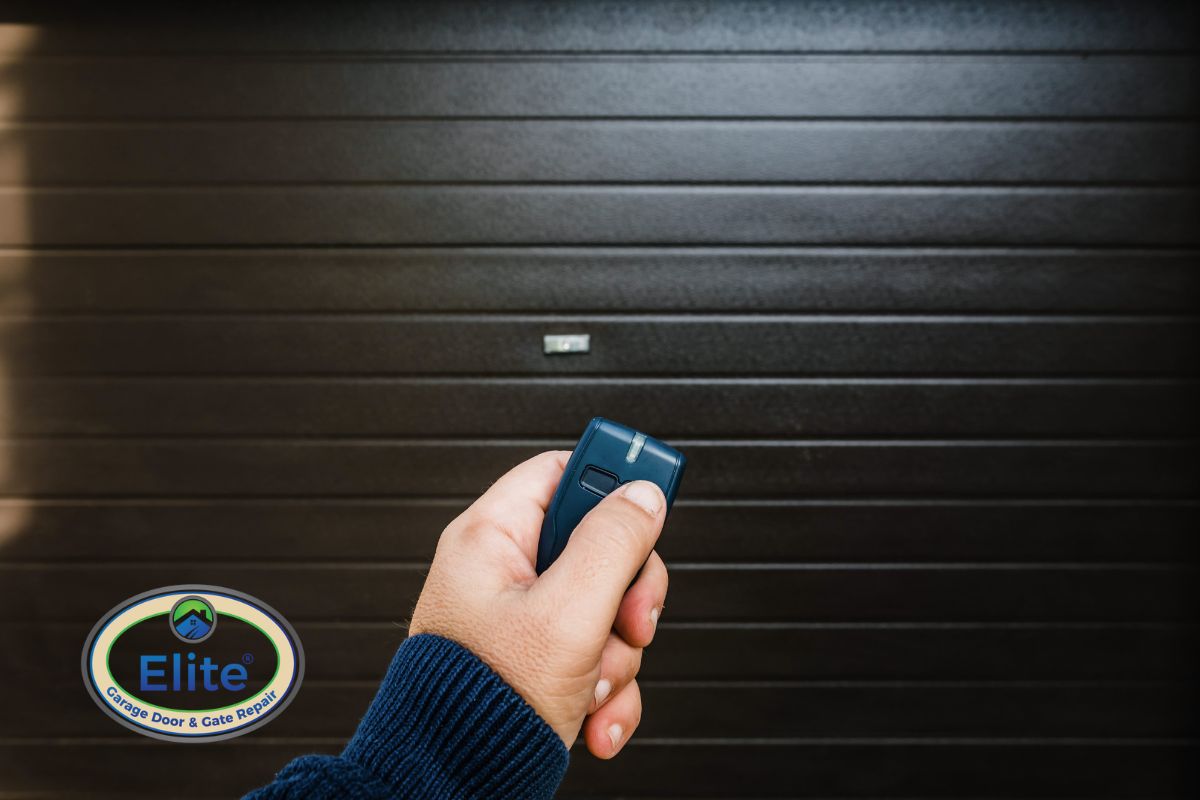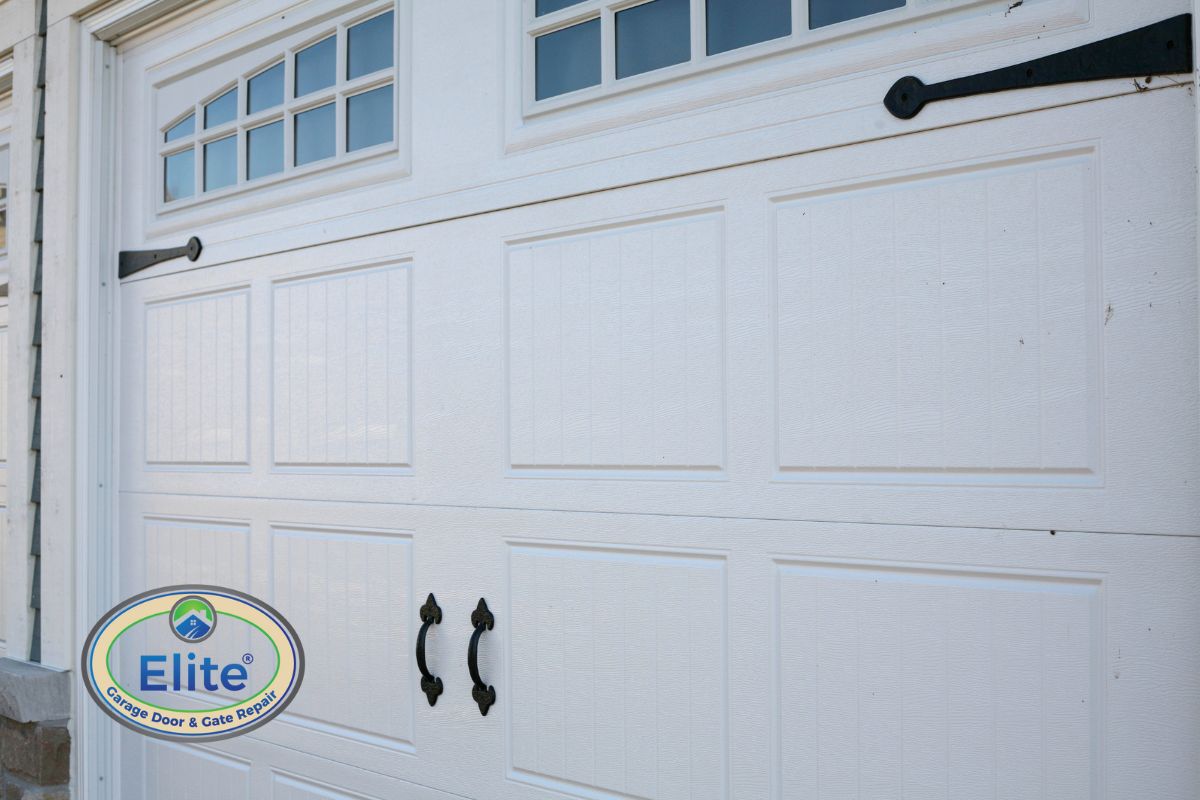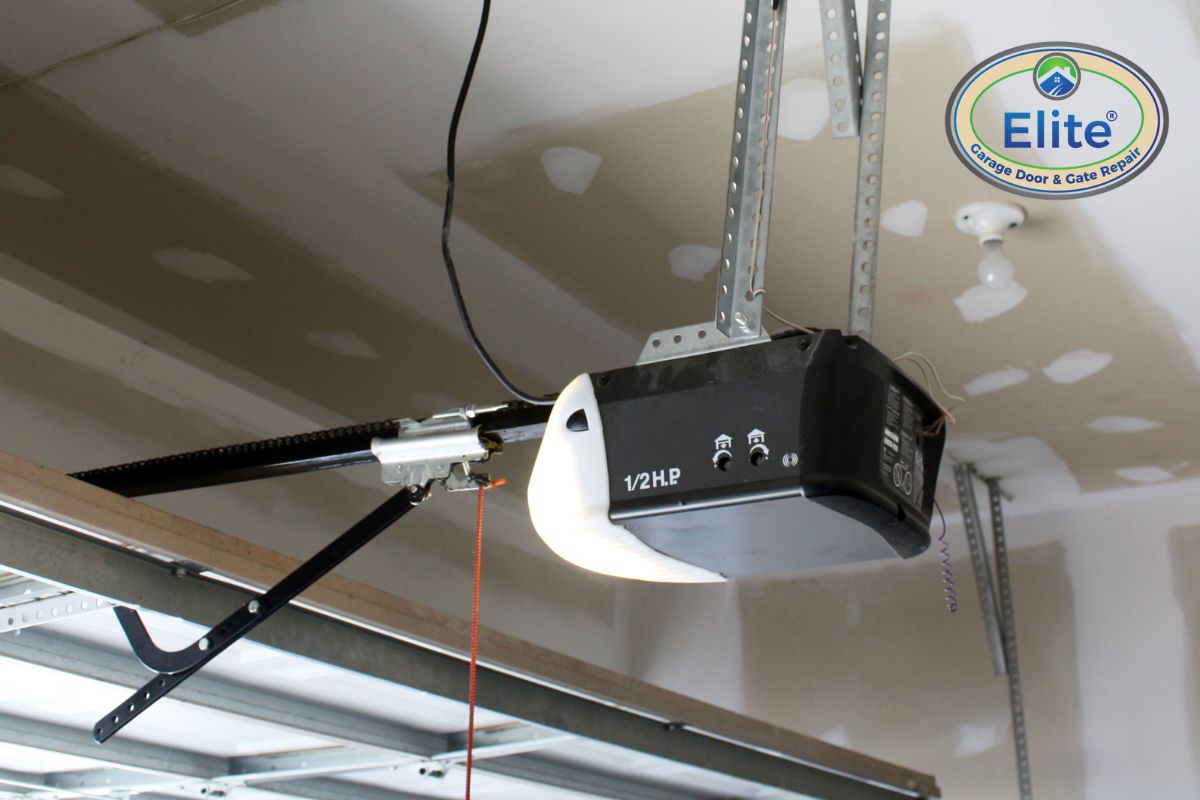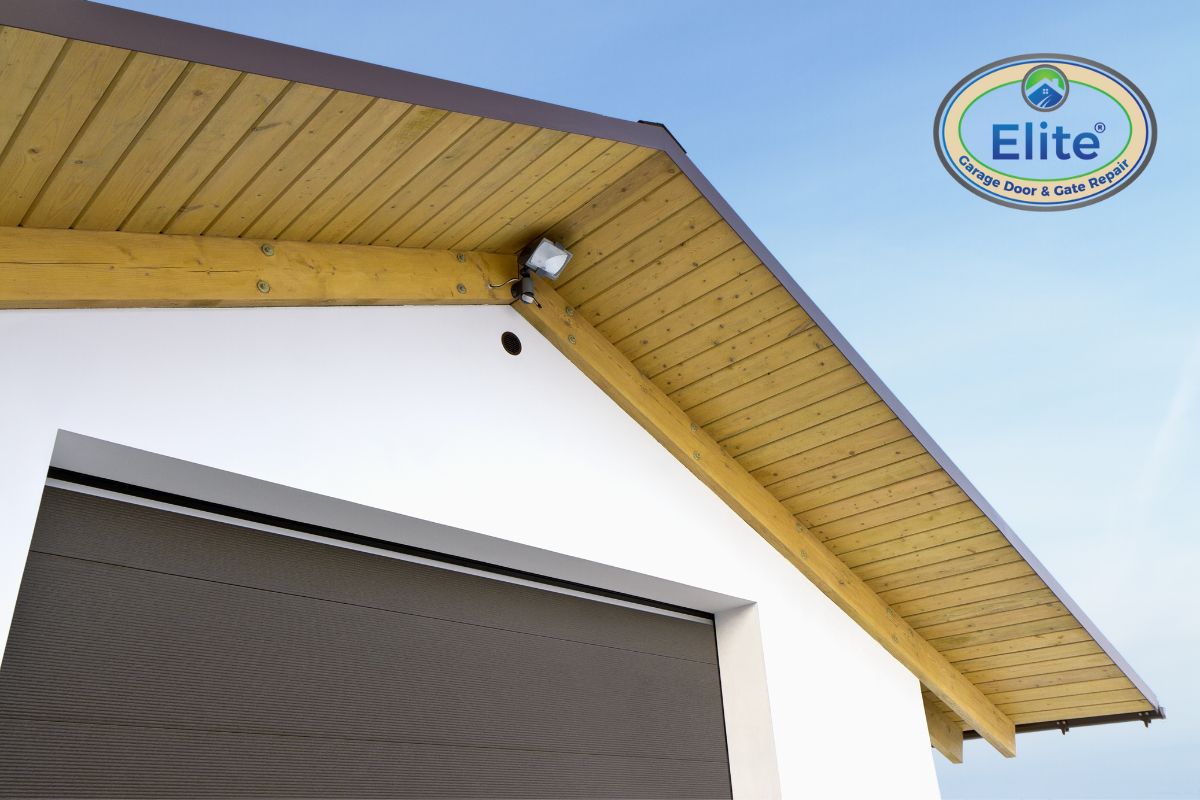You probably don’t give much thought to your garage door opener is a convenience. The motors in garage door openers do, however, degrade over time.
Garage door openers may generally endure from a few months to many years, depending on various conditions. How do you tell if your garage door opener is going bad if everyone’s experience is different?
The following are six warning indications that your garage door opener is on its way out.
Table of Contents
1. You Are Aware Of Loud Noises
Some garage door openers, such as chain-driven openers, may be rather noisy. Driven by a belt, belt-driven openers are a little more discrete.
Regardless of the sort of opener you use, you may have begun to hear different or louder sounds. This is a symptom that your garage door opener has trouble opening and closing. As time goes on, its processes may degrade, making it struggle to accomplish the duty it formerly did effortlessly. A new garage door opener may be necessary if this is the case.
2. The Garage Door Opens Or Closes And Then Reverses
Your picture sensors may be to blame if your garage door begins moving in the opposite direction of what you desire. You’ll locate these sensors a few inches above the ground on each garage door side. As soon as the garage door’s sensors sense movement, the door reverses to safeguard whatever is underneath. You should get your photo sensors checked by a professional if your garage door begins to shut but reverses directions halfway.

The Garage Door Opens Or Closes And Then Reverses
From improper limit settings, your garage door may be reversing direction. Your opener’s limit settings tell it when to anticipate the floor to show up on the screen. Because of this, if the settings are too high, the opener may feel the floor pressure earlier than expected.
The automatic reversal mechanism will “guard” the opener from the floor. Make that the limit settings are working correctly. Older openers’ limit settings may wander, necessitating a replacement.
3. The Opening Of Your Garage Door Is Slower Than Expected
Over a decade ago, did you buy your house? Do you still have the same garage door opener? Probably hundreds of times since then, you’ve opened your door with the opener you bought. As time goes on, you may notice that your garage door isn’t opening as quickly as it once did. If you’ve had any of these problems, it’s likely time for a new garage door opener.
An outdated garage door opener may be at fault if the door won’t open or close. New garage door openers can move your garage door quicker and quieter than you’ve ever experienced before. Make an appointment with a garage door expert to examine whether your opener is to fault for slow movement.

The Opening Of Your Garage Door Is Slower Than Expected
4. The Opener Vibrates When The Door Is Opened Or Closed.
It works hard when you use your opener to open and close your garage door numerous times a day. A little wiggle may be seen if you gaze up at it while performing its job. However, it would help if you kept a close eye on this. If your garage door opener begins to shake more often, you may have a severe hand problem.
Bolts, screws, and other fasteners might come free due to vibrations. As the opener vibrates, it is more likely to come loose from its mounting gear. With enough wiggle room, it may fall from the ceiling and land on your vehicle or you personally. Before it breaks or falls apart, you should replace it.
5. The Garage Door Is Stuck.
Installing a new garage door opener may be necessary if your existing remote control or wall-mounted button no longer works. As a result, lightning strikes may render the opener’s electronics worthless. The opener may be overheating because of tension when opening and shutting. To use it again, you may have to wait a few minutes for it to cool off.

You Are Relying On Outdated Technology
6. You Are Relying On Outdated Technology
It’s time to Replace Your Old Garage Door with a new one. Modern garage door openers have many features that make them worthwhile to update. The following is a list of new technologies that you may be missing out on:
- Using rolling codes, your opener’s remote code changes every time you use it, making it more difficult to tamper with. In this approach, robbers will not be able to use technology to find your opener code.
- You no longer have to worry when the power goes out, and you need to use your garage door.
- With an exterior keypad, you can easily access your contemporary garage door.
- Essential safety elements, such as photosensors and auto-reverse functionalities, are missing from doors built before 1993.
- You can expect a lot more from a garage door opener equipped with intelligent technology. For example, you can use your smartphone and an internet connection to unlock your garage door.
Bottom Line
As a rule of thumb, garage door openers are essential devices that tend to survive for many years to come. The typical lifetime of a garage door opener is 10 to 15 years, but if you maintain the rollers and springs regularly, you may get 20 years or more out of one. Buying a new garage door opener may be justified by the more excellent safety, security, and convenience that newer versions provide.




Leave A Comment